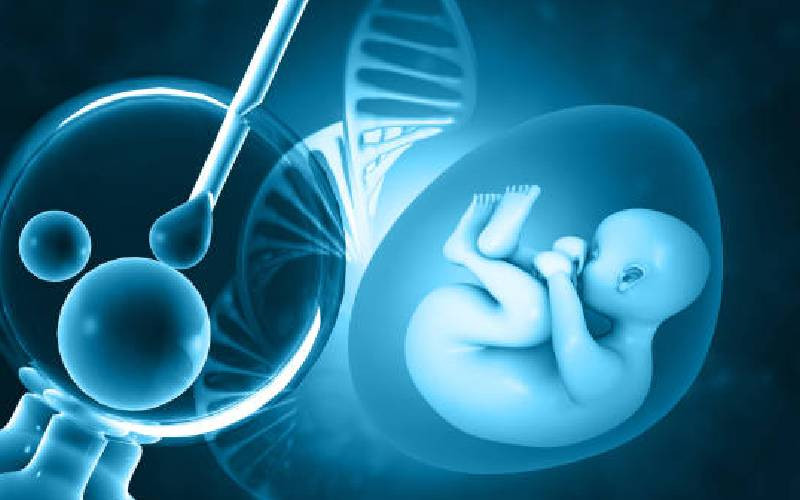×
The Standard e-Paper
Smart Minds Choose Us

Kenya's first test tube babies were born in May 2006, thanks to Dr Joshua Noreh, an obstetrician and gynaecologist. That was 28 years after the birth of the world's first test tube baby - Louise Brown - in Oldham, United Kingdom.
The two girls were born at Avenue Hospital in Parklands, Nairobi and are now teenagers after celebrating their 16th birthday his May.